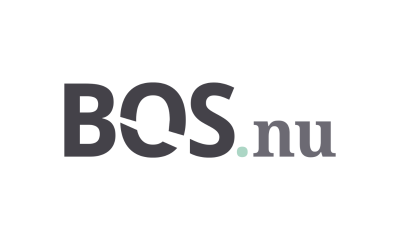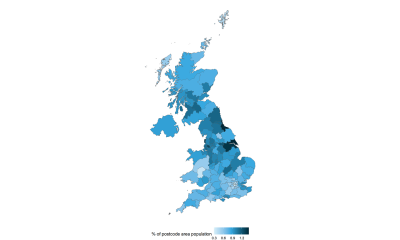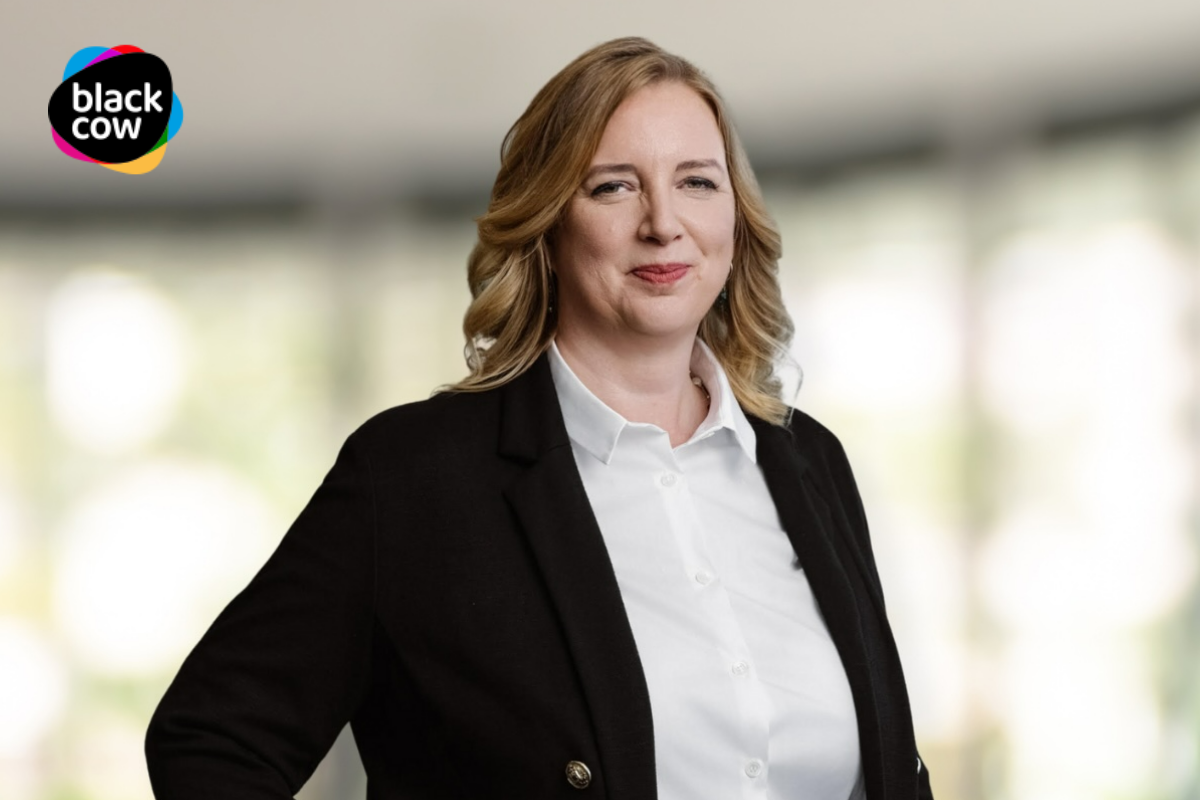Latest News
New research shows students are borrowing money to gamble

More than one in three university students who gamble are borrowing money to do so, new research has revealed.
A survey of 2,000 students across the UK found that 80% of them have gambled and 41% of this group admit that gambling has had a negative impact on their university experience, including missing lectures, assignment deadlines and social activities.
More than one third (35%) are using money either from their student loan, overdraft, have borrowed from friends or are taking out payday loans to help fund their gambling. Nearly one in five (19%) admit to using their student loan to gamble.
The independent research, conducted by Censuswide, was jointly commissioned by GAMSTOP, the national online self-exclusion scheme, and The Young Gamers and Gamblers Education Trust (YGAM), a charity that educates and safeguards vulnerable people against gaming and gambling-related harms.
The mean gambling spend for students is £31.52 per week and almost one in five (18%) admit to spending more than £50 per week, although 45% say they spend no more than £10 a week. Nearly four in ten (38%) say they gamble at least once a week, with 63% gambling at least once a month.
More than one in four (28%) say they are gambling as often, or more often, than before the pandemic and 29% say they are spending as much or more than they did before the pandemic. The most popular gambling products during the pandemic have been the National Lottery (32%), online sports betting (25%) and online bingo (18%).
Almost half the students who gamble (46%) say that making money is a motivation – the most common reason given – and one in four (25%) say they enjoy the risk. More than half (52%) say that gambling makes them feel excited and one in three (33%) say it makes them happy, compared to one in five (21%) who describe feeling anxious.
Amongst students who gamble, more than one in three (36%) have invested in cryptocurrency in the last 12 months – compared to just 17% of students who do not gamble.
Students also revealed that their friends are the biggest influence on their gambling (34%) with nearly one in four (23%) most influenced by social media and 14% of students identifying gambling advertising as a key influence on their gambling.
The new research on student gambling is the first published since the pandemic and follows previous research commissioned by YGAM in 2019. The previous report produced by Red Brick Research found that 264,000 students in the UK were at some risk from gambling harm with around 88,000 already defined as problem gamblers.
Following the publication of the report, YGAM are joining forces with GAMSTOP and RecoverMe, an app that provides self-help tools to those suffering from a gambling problem, to launch a campaign raising awareness of gambling harms amongst students and promoting support available to students who may be struggling. During the ‘Gambling Support University Tour’ the three organisations will visit university campuses throughout the UK to speak to students and university staff. YGAM will also be offering City & Guilds assured training to the university teams to better equip them to support their students. A ‘Gambling Support University Tour’ visit can be arranged by contacting [email protected]
Bray Ash, 29, is studying mental health nursing at King’s College London, having previously studied at Leeds University and has experienced gambling harms first-hand while in higher education. He told how easy it was to get caught up in gambling.
“When you go to university for the first time and you have student finance, money from your parents and other financial support you can be tempted to gamble recklessly. It took over my life – I wasn’t studying, I was just sitting in my halls gambling. At my second year of university, I ended up gambling away my student loan in the first 24 hours.
“It is important that students have access to organisations, such as YGAM, to educate them about gambling and provide support and that they are aware of essential tools such as self-exclusion if they are experiencing problems with their gambling. I know that it would have benefited me when I was at my lowest point”.
Daniel Bliss, Director of External Affairs at YGAM, said: “This research provides us with some valuable insights into the behaviours of students during the pandemic. We’re keen to build on this piece of work to better understand how our programmes can safeguard and support students. The findings reiterate the importance of educating our young people on the risks and harms associated with gambling. Education is a powerful tool to ensure students are equipped with the knowledge and understanding to help prevent harm.”
Fiona Palmer, CEO of GAMSTOP, said: “Gambling-related harm on our campuses is a subject that is rarely addressed, but for any students experiencing problems with their gambling, self-exclusion can give them valuable breathing space whilst they seek additional help. With online gambling increasingly prevalent during the pandemic, the research shows the importance of raising awareness of a free online self-exclusion service, which is accessible to all”.
Adil Nayeem, Co-founder of RecoverMe, said: “This research highlights how the student population can be a high-risk group for gambling-related harm. We created RecoverMe when one of our close friends at university struggled with a gambling addiction and did not know where to turn. RecoverMe gives students multiple strategies to manage acute urges and support those suffering from a gambling problem with a discreet, flexible and evidence-based programme”.
-

 Africa5 days ago
Africa5 days agoQTech Games wins Best Innovation of the Year at the 2025 SBWA+ Eventus Awards
-

 Asia4 days ago
Asia4 days agoNODWIN Gaming and JioStar Unveil OnePlus Android BGMS Season 4
-

 Latest News5 days ago
Latest News5 days agoVindral appoints Henrik Fagerlund as Chairman of the Board
-

 Latest News5 days ago
Latest News5 days agoCalema to Perform at Legends Charity Game in Lisbon
-

 Conferences in Europe5 days ago
Conferences in Europe5 days agoEGT Digital and EGT to rock the show at SiGMA Euro-Med 2025
-

 Latest News4 days ago
Latest News4 days agoPush Gaming redefines its portfolio, unveiling new game categories and sub-brand for extended player reach
-

 Affiliate Industry4 days ago
Affiliate Industry4 days agoNikita Lukanenoks Brings Slotsjudge Into Spotlight With Affiliate Leaders Awards 2025 Nomination
-

 Compliance Updates4 days ago
Compliance Updates4 days agoNew channelization assessment from the Gambling Authority confirms Sweden’s problem



























